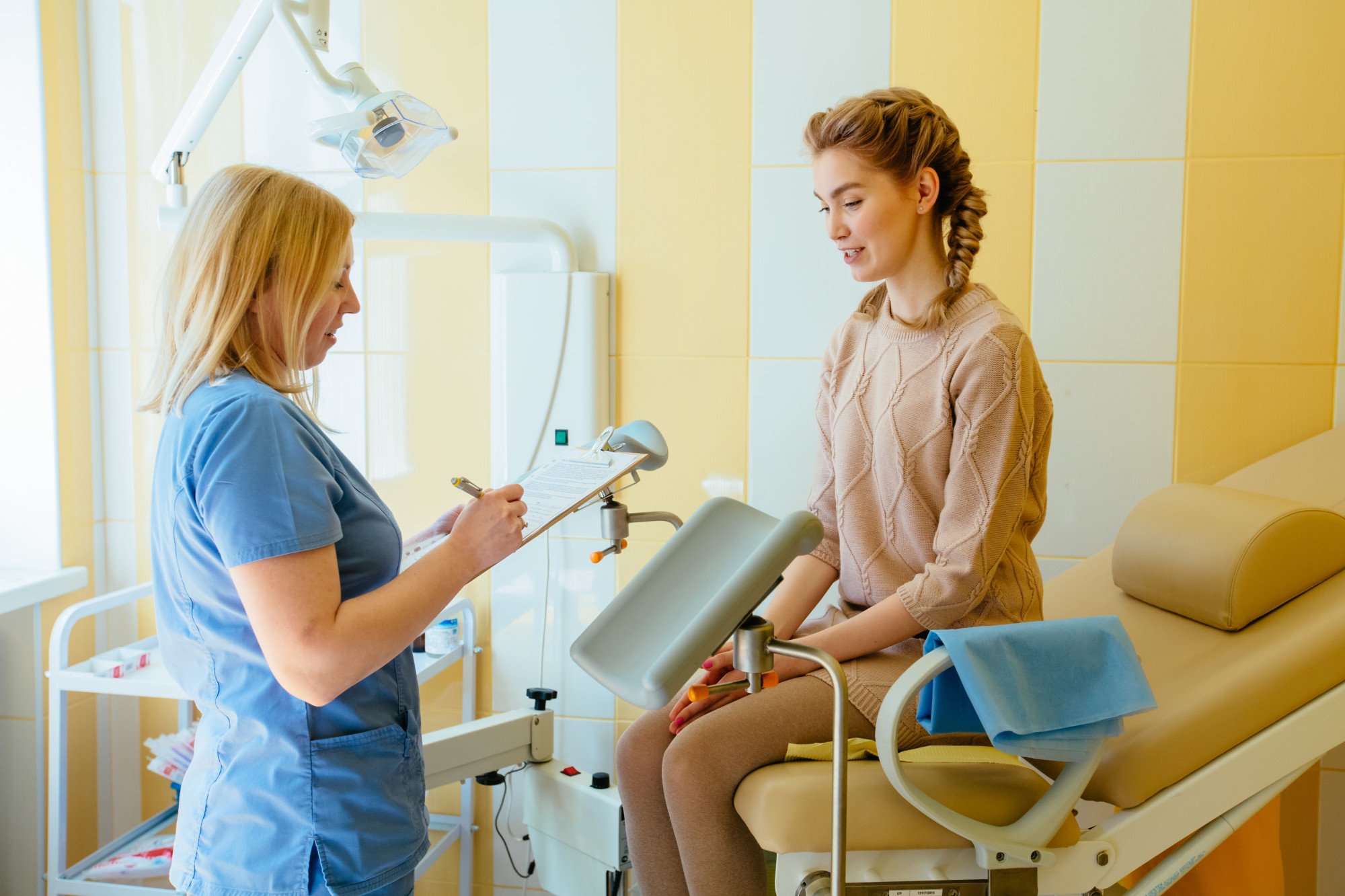Introduction
Gynecological infections are common among women and can affect various parts of the female reproductive system, including the vagina, cervix, uterus, fallopian tubes, and ovaries. While many are treatable, untreated infections can lead to serious health complications, including infertility. Understanding these infections and how to prevent them is essential for maintaining good reproductive health.
What Are Gynecological Infections?
Gynecological infections are caused by bacteria, viruses, fungi, or parasites. They may result from poor hygiene, unprotected sex, hormonal changes, or imbalanced vaginal flora.
Common Types of Gynecological Infections
Bacterial Vaginosis (BV)
- Caused by an imbalance of good and harmful bacteria in the vagina.
- Symptoms: Fishy odor, gray or white discharge, itching.
Yeast Infection (Candidiasis)
- Caused by an overgrowth of the fungus Candida albicans.
- Symptoms: Thick, white discharge, intense itching, burning sensation.
Urinary Tract Infection (UTI)
- Infection in any part of the urinary system, most commonly the bladder.
- Symptoms: Frequent urination, burning sensation, pelvic pain.
Sexually Transmitted Infections (STIs)
- Includes chlamydia, gonorrhea, herpes, HPV, and trichomoniasis.
- Symptoms vary; may include discharge, pain, sores, or no symptoms at all.
Pelvic Inflammatory Disease (PID)
- Infection of the upper reproductive organs, often due to untreated STIs.
- Symptoms: Pelvic pain, fever, unusual discharge, painful intercourse.
Human Papillomavirus (HPV)
- A viral infection that can cause genital warts and cervical cancer.
- Often asymptomatic in early stages.
Causes and Risk Factors
Sexual Activity
Unprotected sex or multiple partners increases the risk of STIs and other infections.
Hormonal Changes
Changes during menstruation, pregnancy, or menopause can alter the vaginal environment.
Antibiotic Use
Overuse of antibiotics may kill beneficial bacteria, leading to fungal overgrowth like yeast infections.
Poor Hygiene
Using harsh soaps, douching, or not changing menstrual products frequently can disrupt the vaginal flora.
Weak Immune System
Women with compromised immune systems are more vulnerable to infections.
Diagnosing Gynecological Infections
Clinical Examination
A pelvic exam is often the first step in diagnosis.
Laboratory Tests
- Vaginal swabs
- Urine tests
- Blood tests
- Pap smears
These help identify the type and cause of infection accurately.
Treatment Options
Bacterial Infections
- Antibiotics (oral or vaginal): For BV, PID, and some STIs.
Fungal Infections
- Antifungal medications: Creams, suppositories, or oral tablets.
Viral Infections
- Antiviral drugs: For managing symptoms of herpes or HPV.
Pain Management
- Over-the-counter pain relievers
- Warm compresses
Prevention Tips for Gynecological Infections
Practice Safe Sex
- Use condoms regularly
- Get tested for STIs with new partners
Maintain Good Hygiene
- Wipe front to back
- Avoid douching and harsh soaps
- Wear breathable cotton underwear
Regular Checkups
- Annual pelvic exams and Pap smears
- Early detection improves treatment outcomes
Healthy Lifestyle
- Eat a balanced diet
- Stay hydrated
- Manage stress
Conclusion
Gynecological infections are treatable and often preventable. Recognizing early symptoms, practicing good hygiene, and maintaining regular medical checkups can significantly reduce your risk. Open communication with your healthcare provider is key to ensuring long-term reproductive health.
FAQs
1. Can gynecological infections go away on their own?
Some minor infections may resolve, but most require medical treatment. It’s best to consult a doctor.
2. Is it safe to treat a yeast infection with over-the-counter products?
Yes, mild yeast infections can often be treated with OTC antifungals, but recurring cases need medical attention.
3. How often should I get tested for STIs?
Sexually active women, especially with new or multiple partners, should get tested annually or as recommended by a healthcare provider.
4. Does douching help prevent infections?
No, douching can disrupt the natural balance of bacteria in the vagina and increase the risk of infections.
5. Can birth control cause infections?
Some forms of birth control may alter hormone levels or vaginal flora, slightly increasing infection risk, but they are not direct causes.












